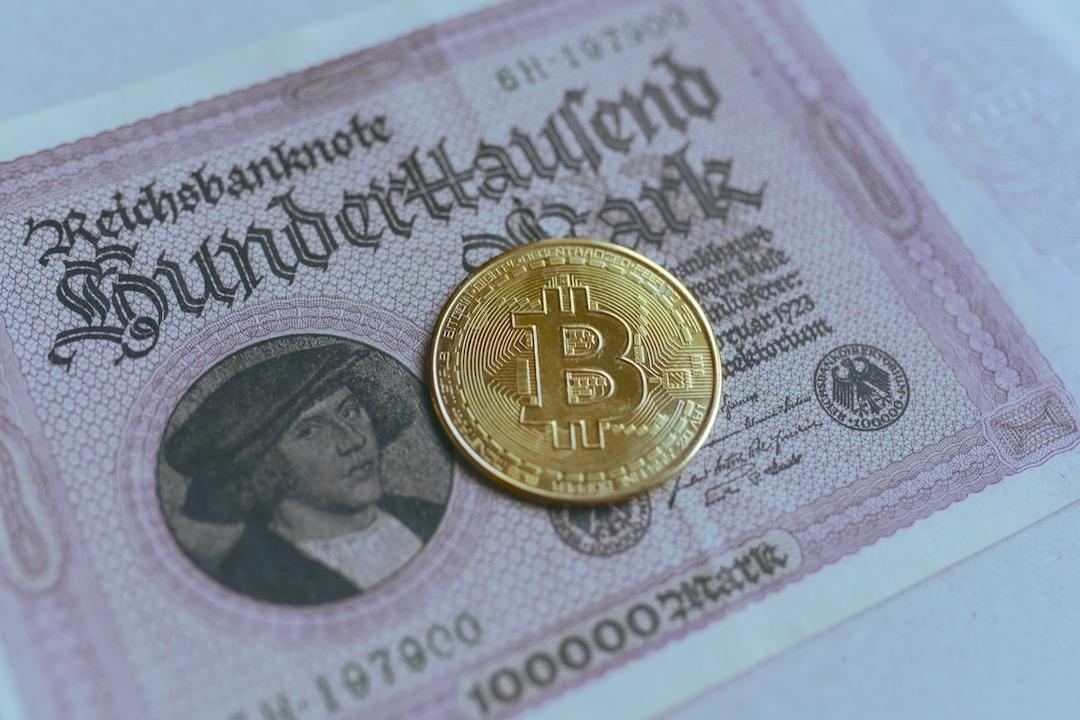Michael Saylor is doubtful that Ethereum-based exchange-traded funds (ETFs) will be launched anytime soon, and even some fund issuers share the sentiment that it is unlikely to happen this year. Meanwhile, other countries are taking advantage of being the first movers in this space.
The competition to launch ETFs based on Ethereum’s spot price in the U.S. is intensifying, mirroring Bitcoin’s arduous journey to approval. The U.S. Securities and Exchange Commission (SEC) is once again delaying definitive answers to the applications already submitted. Approval is crucial as it would allow investors to access ETH without owning the actual asset.
Grayscale and Franklin Templeton were expecting responses from the SEC in April, but their deadlines have been extended to June. Fidelity and BlackRock are facing similar delays, while VanEck and ARK Invest are anxiously awaiting a response later this month with fading hopes of approval.
The uncertainty stems from indications that the SEC views Ether as a security rather than a commodity like Bitcoin, raising concerns among industry players.
In a testimony before the House Financial Services Committee in June 2023, SEC chair Gary Gensler declined to confirm whether he considers ETH a security, causing unease in the crypto sector. This stance contradicted previous guidance from his predecessor, Jay Clayton. Gensler’s earlier comments around The Merge in September 2022 hinted that the staking process could be subject to securities regulations.
The classification of Ether has significant implications for regulatory oversight in the U.S. If deemed a security, it could have far-reaching consequences for other altcoins. Consensus recently filed a lawsuit against the SEC, defending Ethereum and criticizing the commission’s overreach.
Michael Saylor, known for his support of Bitcoin, expressed skepticism at the possibility of ETH-based ETFs materializing. He warned at an event that such products may never come to fruition, citing concerns about the technical and ethical integrity of cryptocurrencies other than BTC.
The lack of communication between the SEC and ETF hopefuls seems to be a major obstacle in bringing an Ether ETF to market. Applicants are reportedly not receiving the necessary feedback to finalize their products, unlike the process for BTC ETF issuers.
While the U.S. grapples with regulatory uncertainty, other jurisdictions are forging ahead with Ethereum ETF approvals. Hong Kong recently launched an ETH ETF, potentially attracting investors from mainland China. Countries like Canada, Switzerland, Sweden, and Germany have already approved funds based on Ether’s spot price, offering staking returns as an added incentive.
With billions of dollars in assets under management in ETFs in other regions, the U.S. risks falling behind in this rapidly evolving landscape.

